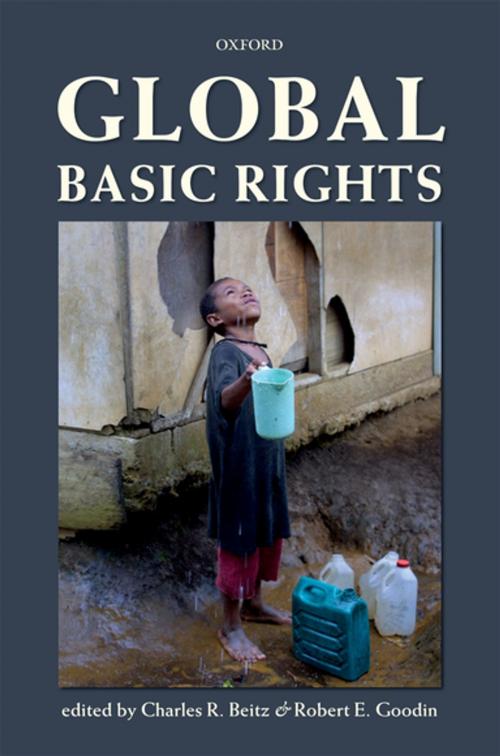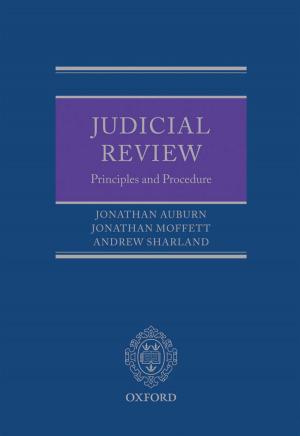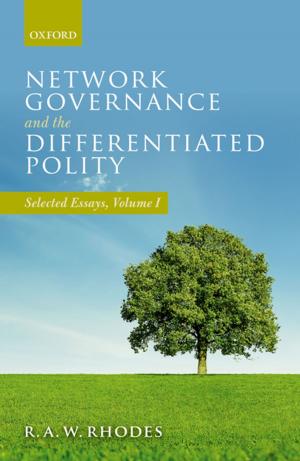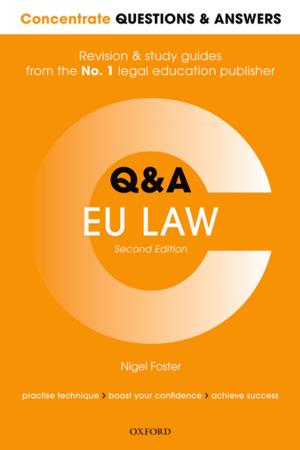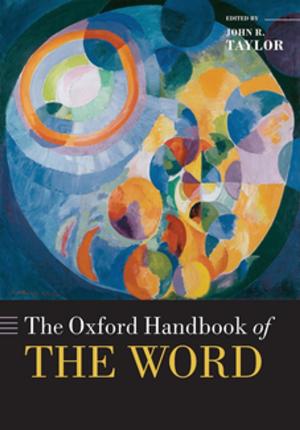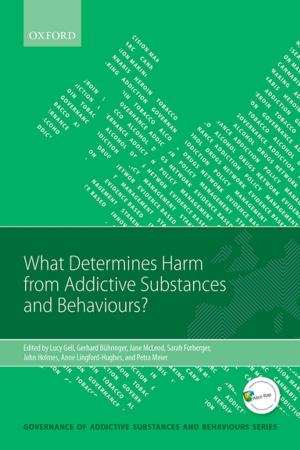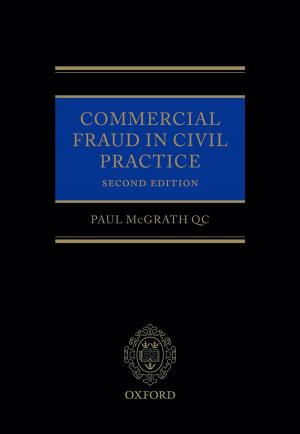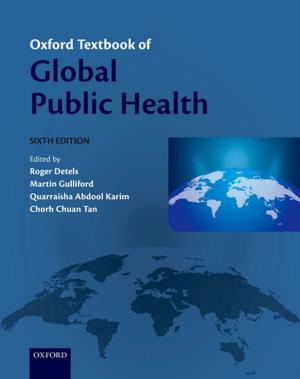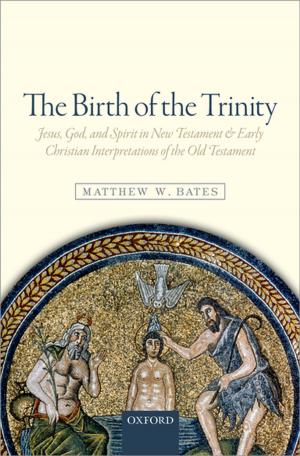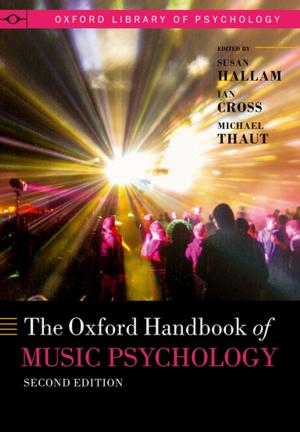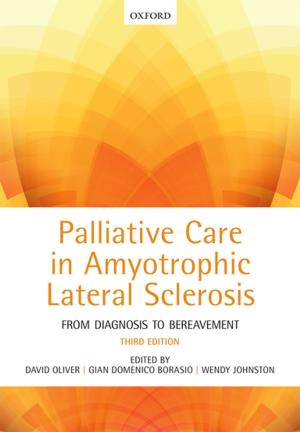Global Basic Rights
Nonfiction, Social & Cultural Studies, Political Science, Politics, History & Theory, Religion & Spirituality, Philosophy| Author: | ISBN: | 9780191610035 | |
| Publisher: | OUP Oxford | Publication: | July 23, 2009 |
| Imprint: | OUP Oxford | Language: | English |
| Author: | |
| ISBN: | 9780191610035 |
| Publisher: | OUP Oxford |
| Publication: | July 23, 2009 |
| Imprint: | OUP Oxford |
| Language: | English |
Politically, as well as philosophically, concerns with human rights have permeated many of the most important debates on social justice worldwide for fully a half-century. Henry Shue's 1980 book on Basic Rights proved to be a pioneering contribution to those debates, and one that continues to elicit both critical and constructive comment. Global Basic Rights brings together many of the most influential contemporary writers in political philosophy and international relations - Charles Beitz, Robert Goodin, Christian Reus-Smit, Andrew Hurrell, Judith Lichtenberg, Elizabeth Ashford, Thomas Pogge, Neta Crawford, Richard Miller, David Luban, Jeremy Waldron and Simon Caney- to explore some of the most challenging theoretical and practical questions that Shue's work provokes. These range from the question of the responsibilities of the global rich to redress severe poverty to the permissibility of using torture to gain information to fight international terrorism. The contributors explore the continuing value of the idea of "basic rights" in understanding moral challenges as diverse as child labor and global climate change.
Politically, as well as philosophically, concerns with human rights have permeated many of the most important debates on social justice worldwide for fully a half-century. Henry Shue's 1980 book on Basic Rights proved to be a pioneering contribution to those debates, and one that continues to elicit both critical and constructive comment. Global Basic Rights brings together many of the most influential contemporary writers in political philosophy and international relations - Charles Beitz, Robert Goodin, Christian Reus-Smit, Andrew Hurrell, Judith Lichtenberg, Elizabeth Ashford, Thomas Pogge, Neta Crawford, Richard Miller, David Luban, Jeremy Waldron and Simon Caney- to explore some of the most challenging theoretical and practical questions that Shue's work provokes. These range from the question of the responsibilities of the global rich to redress severe poverty to the permissibility of using torture to gain information to fight international terrorism. The contributors explore the continuing value of the idea of "basic rights" in understanding moral challenges as diverse as child labor and global climate change.
